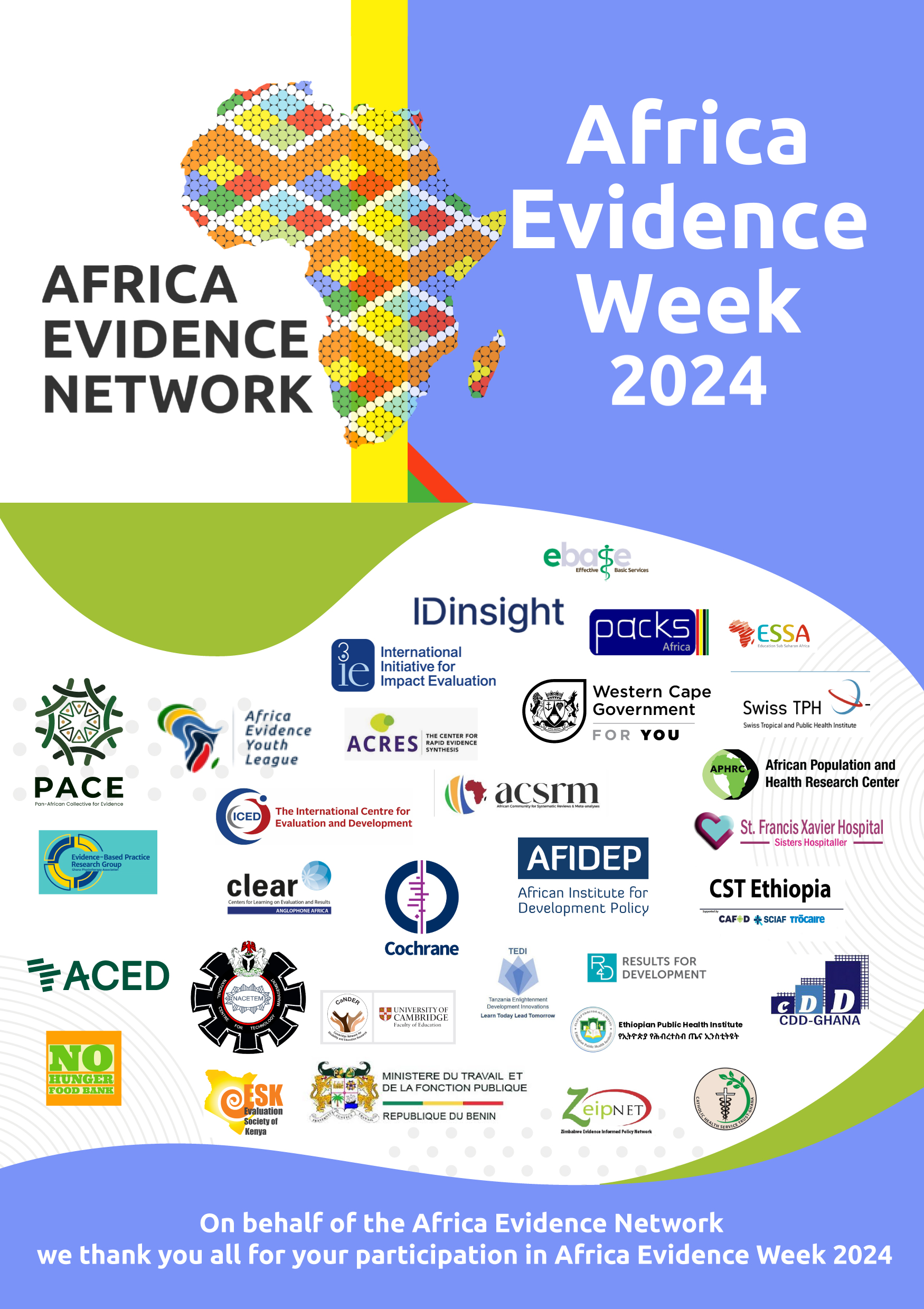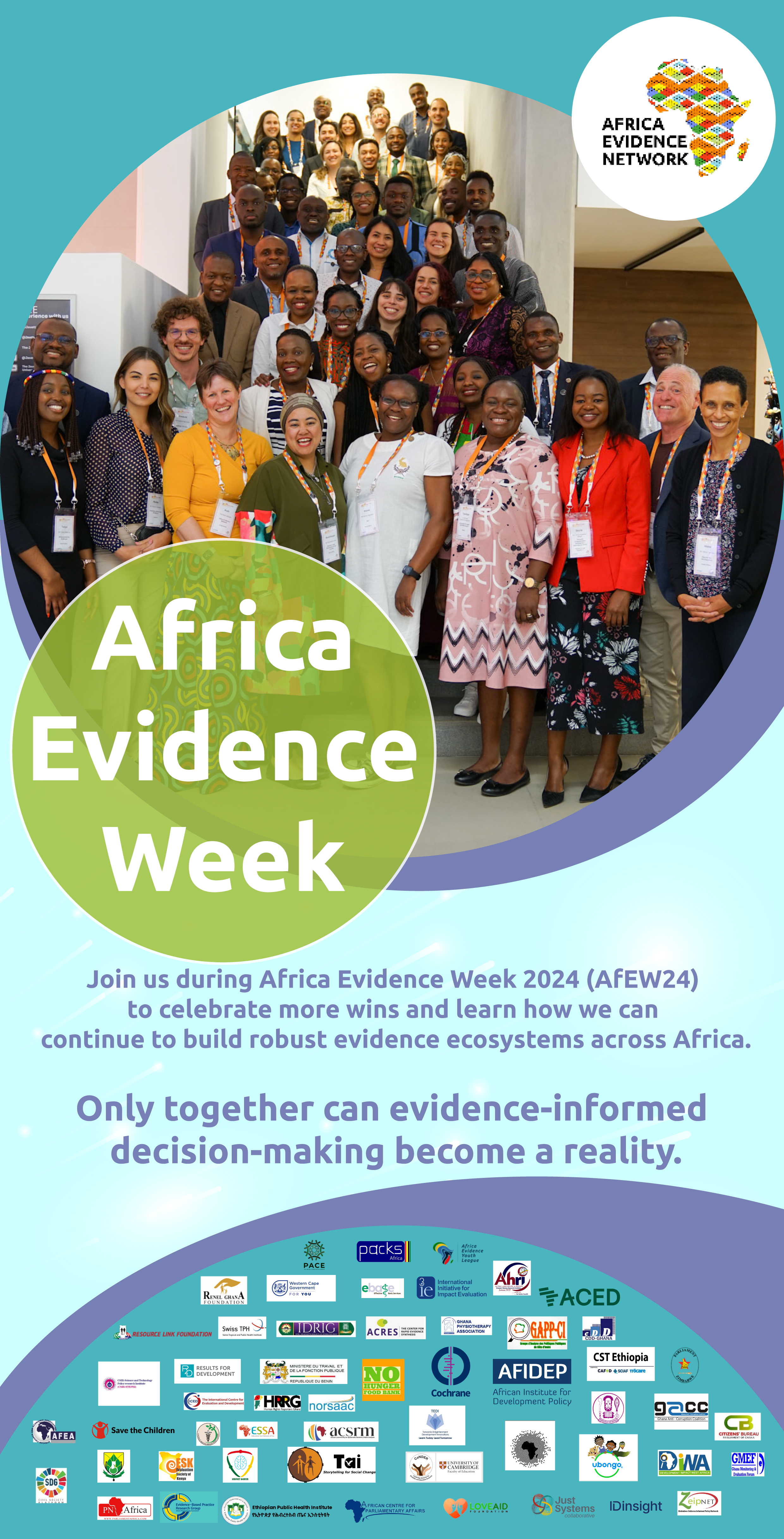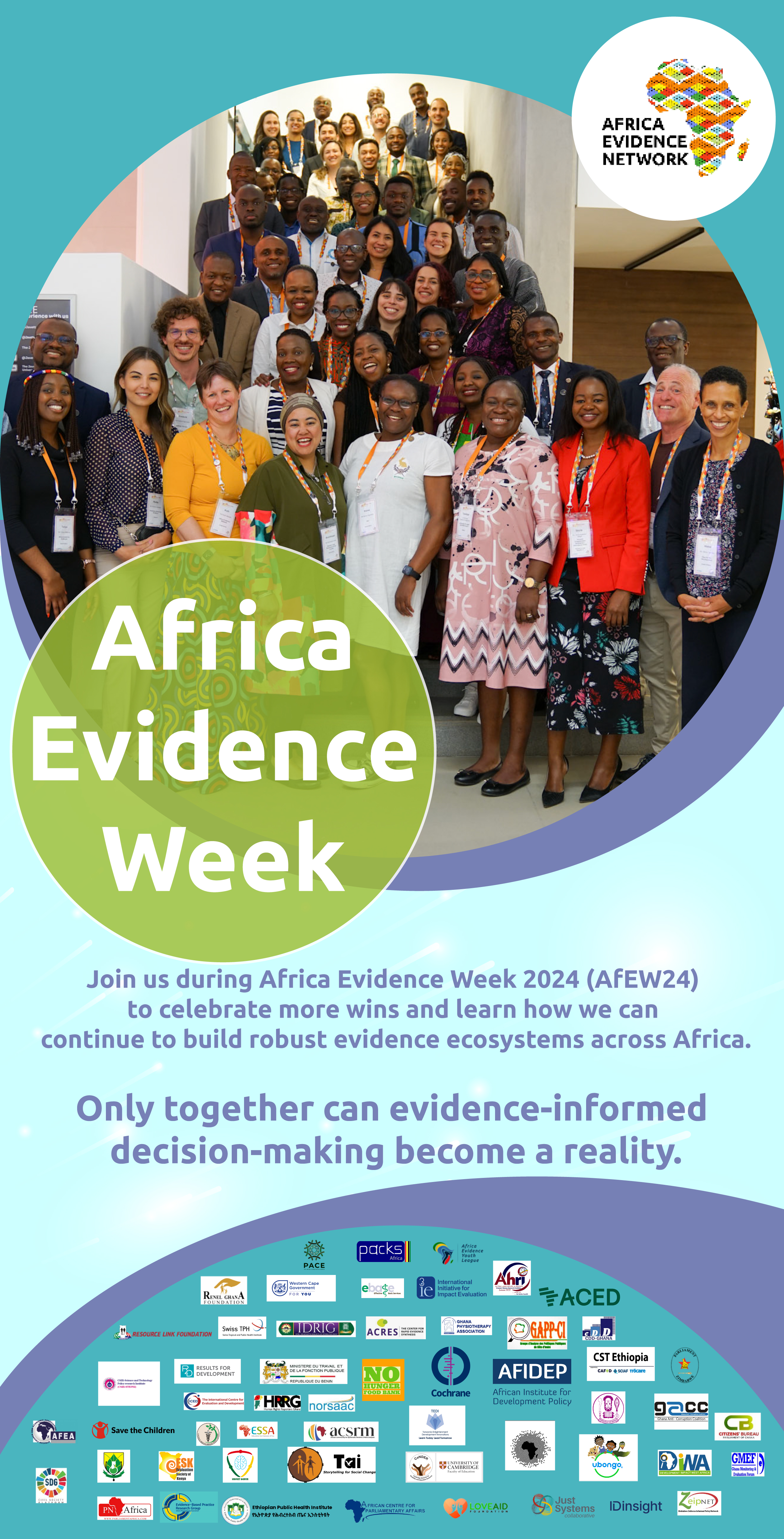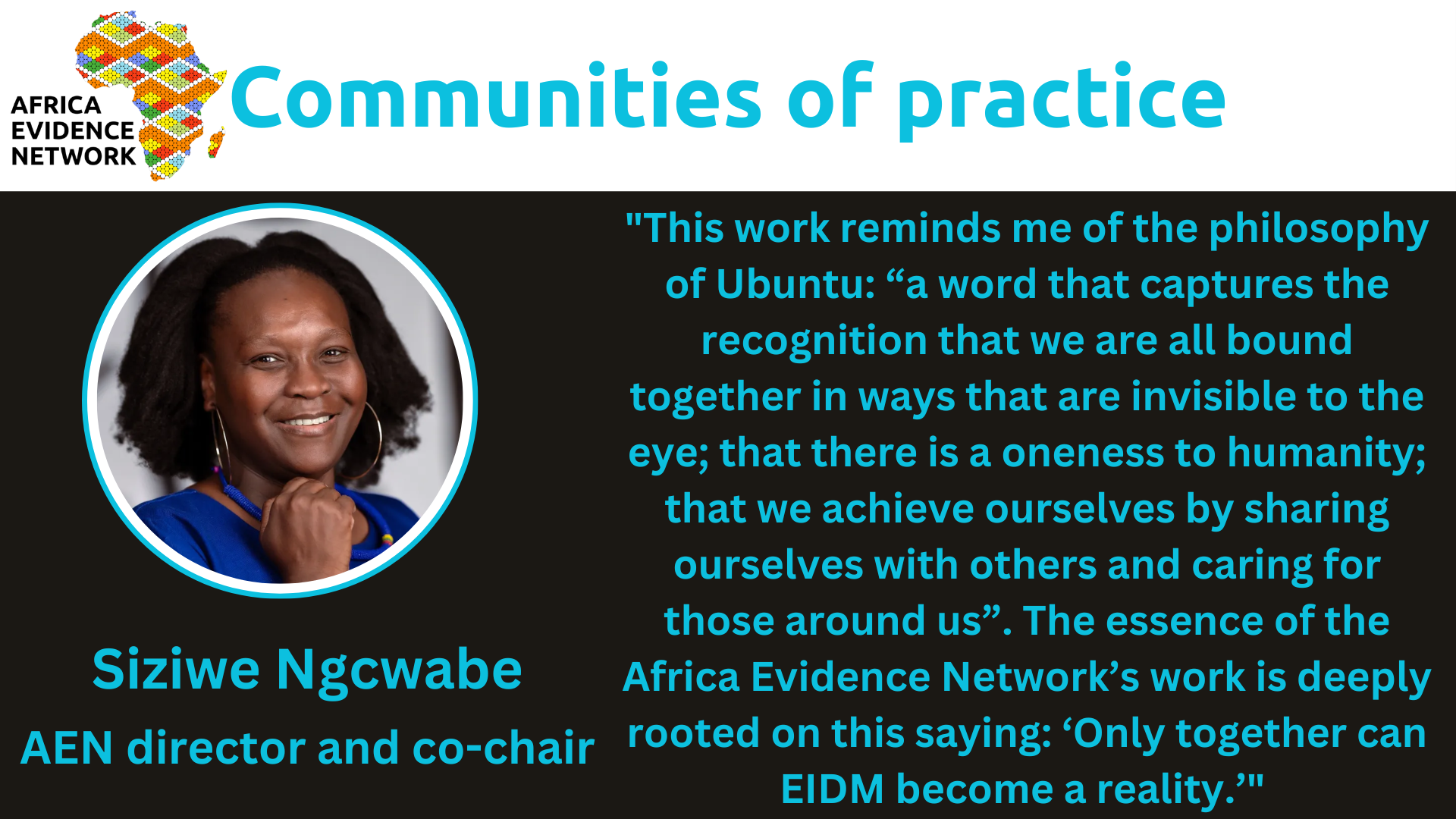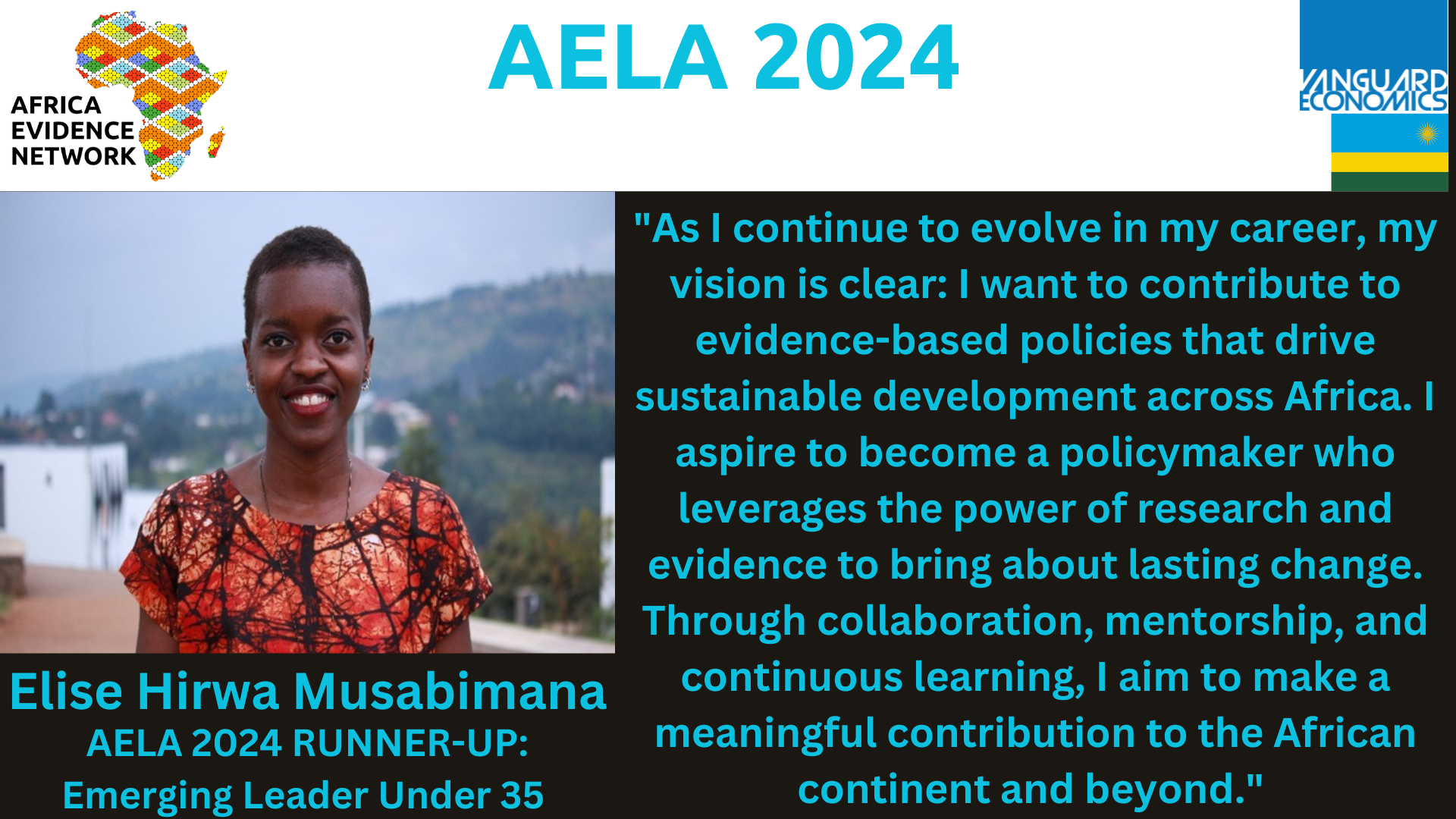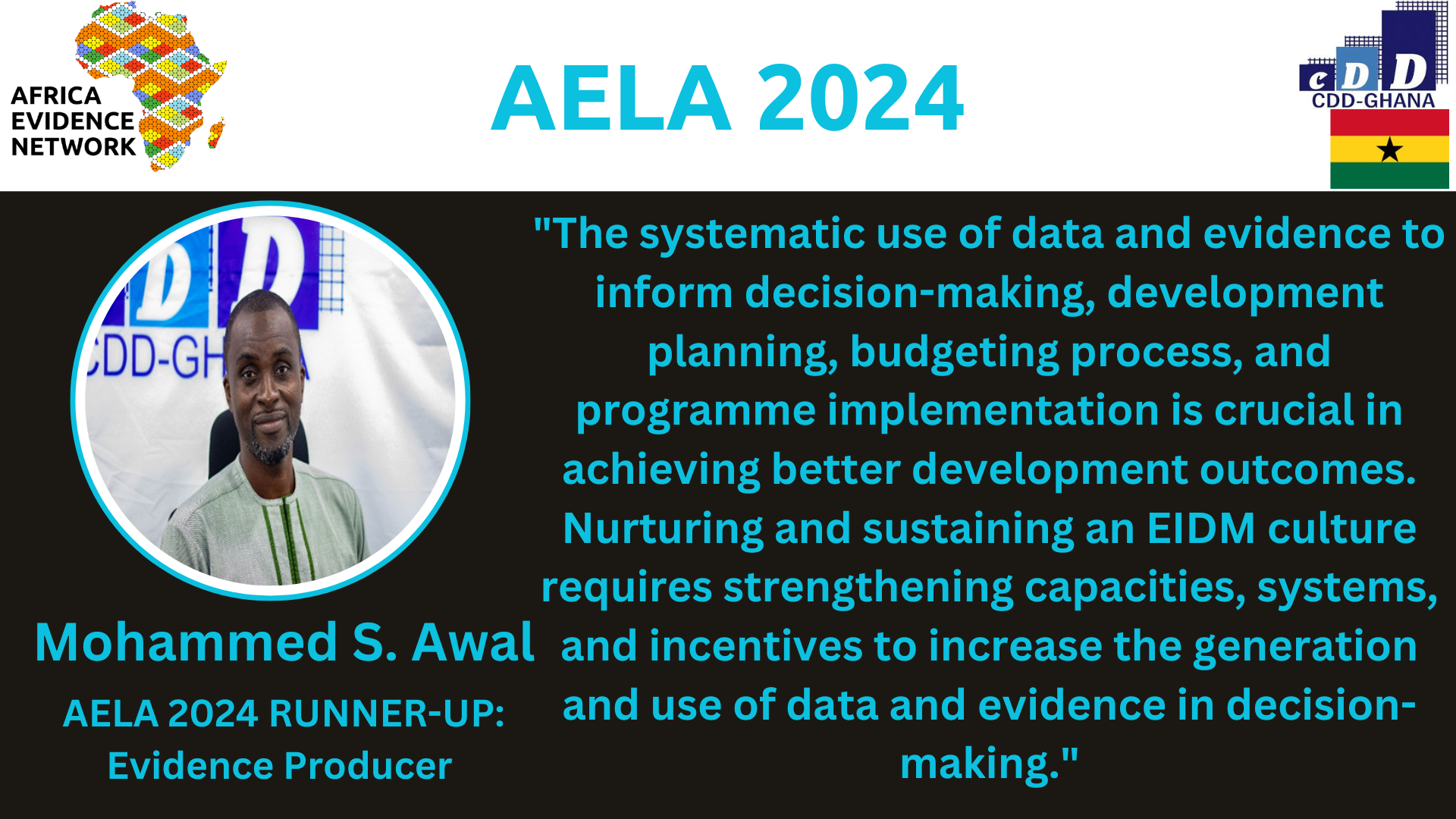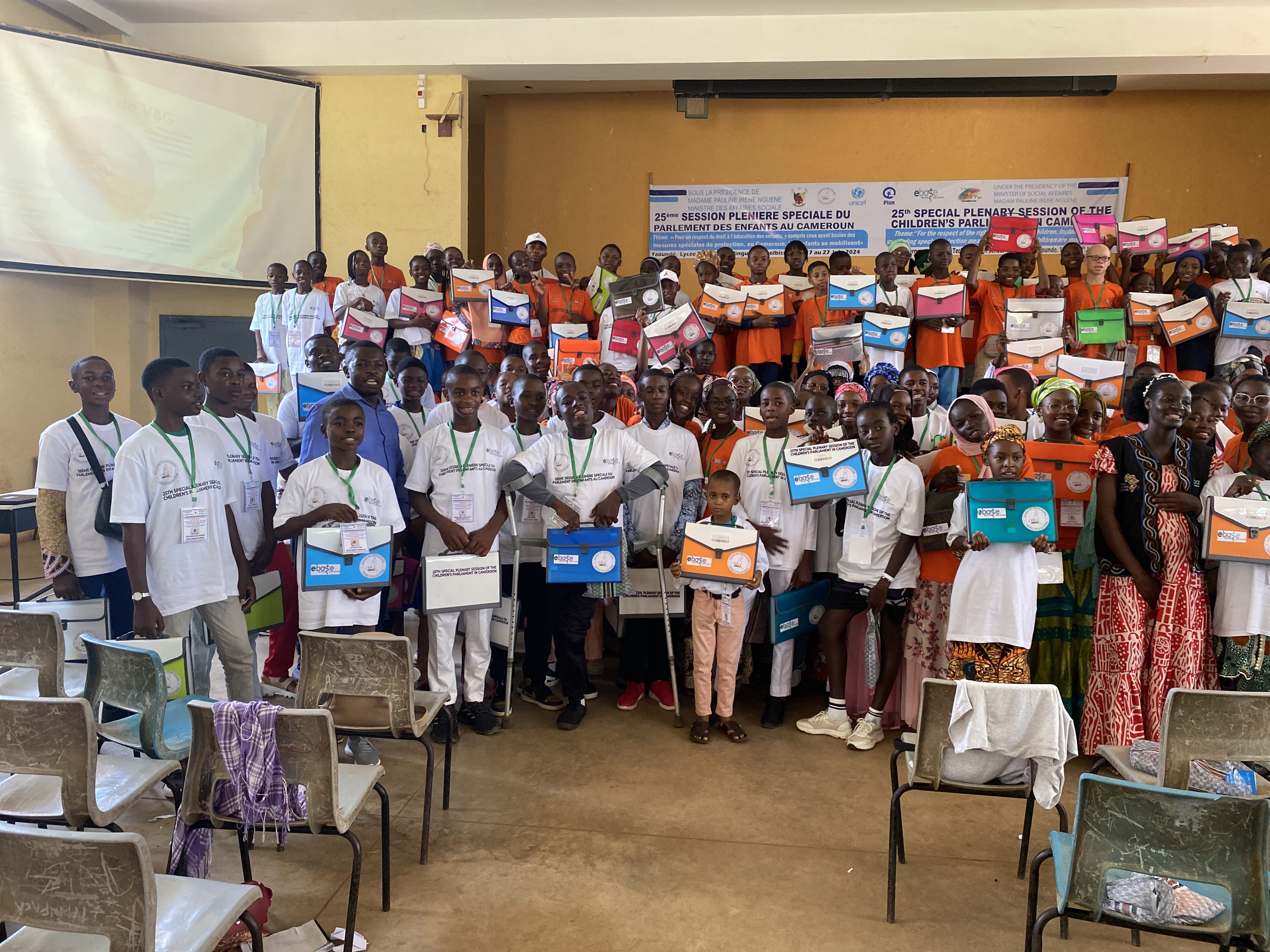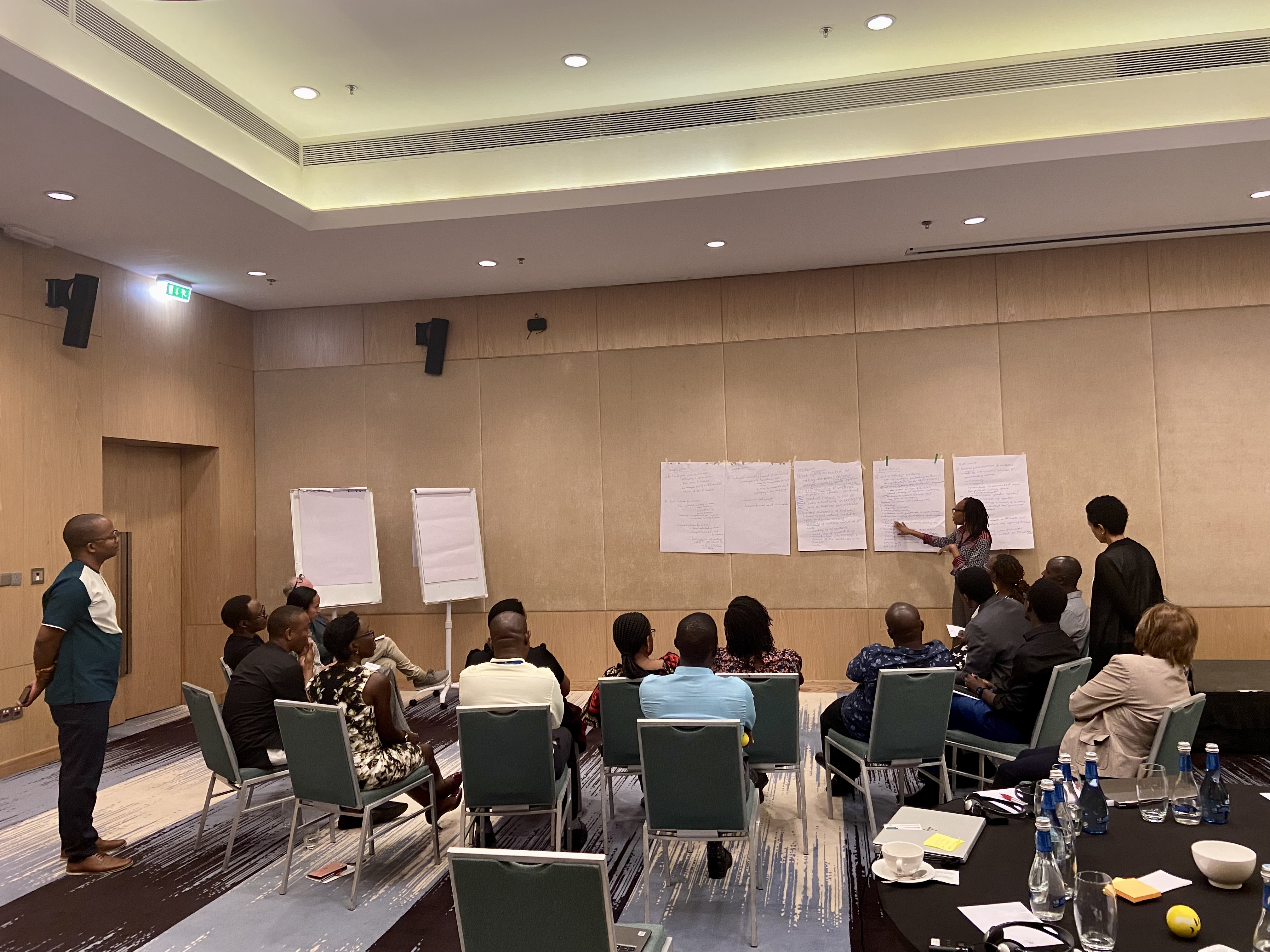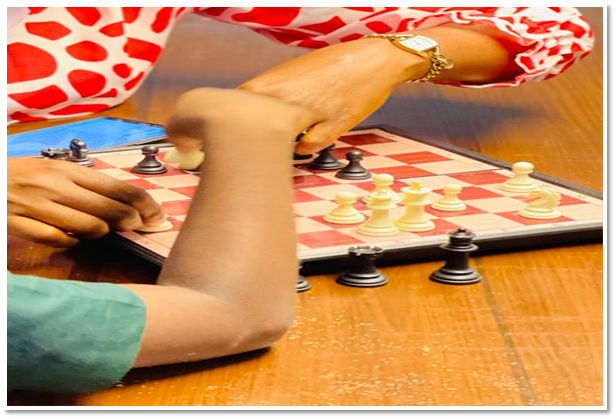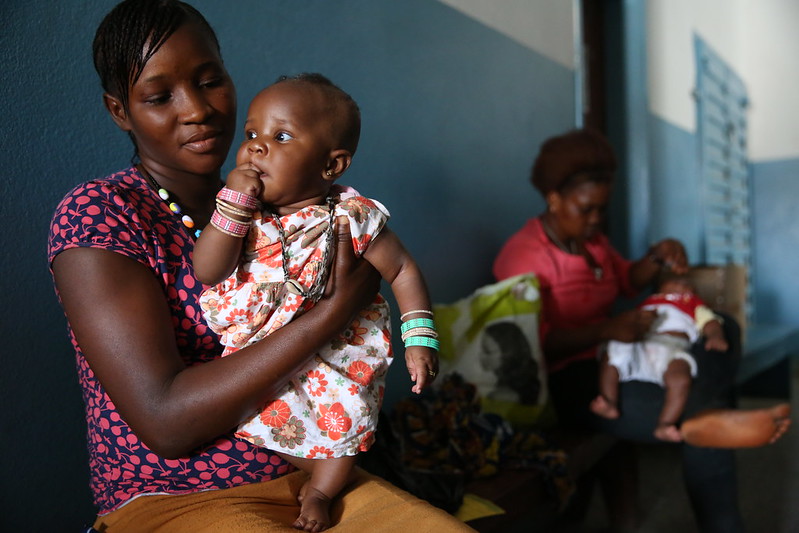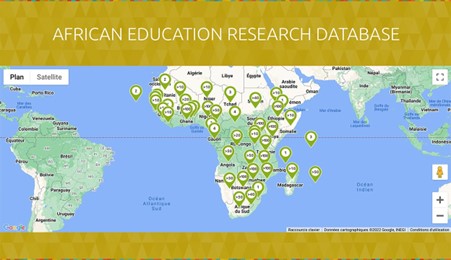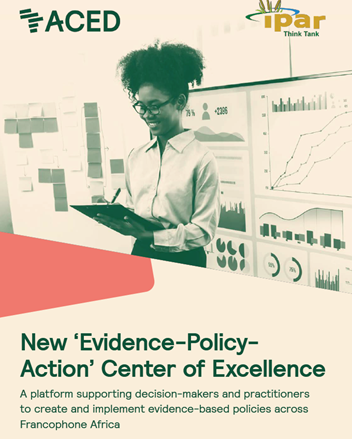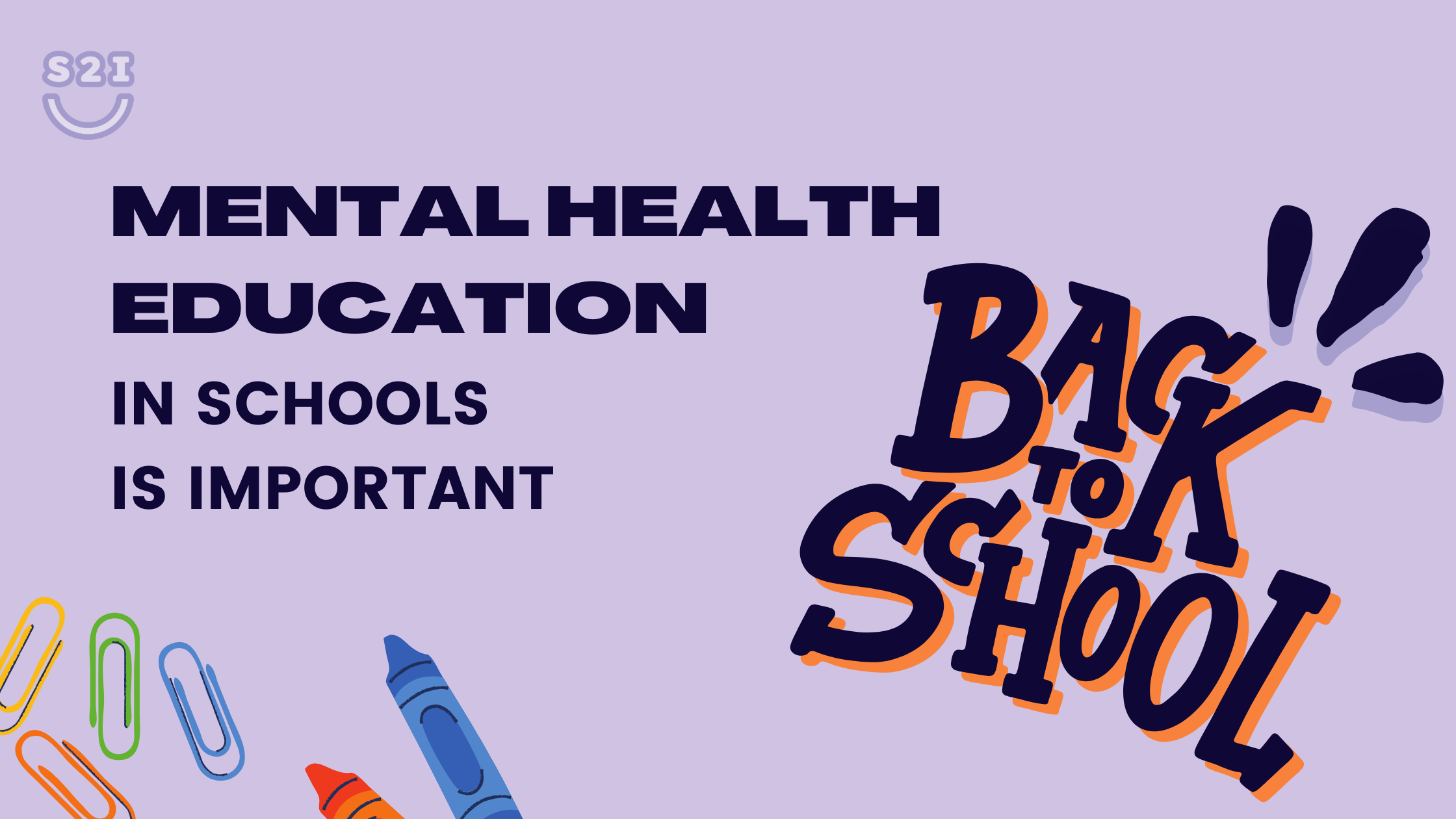
The World Health Organization projects that “the prevalence of mental health disorders in so-called sub-Saharan African countries is likely to increase by “130% due to epidemiological and demographic transitions” (Opio et al., 2016). Further research shows that young people in many African countries between the age of 10-19 years are increasingly becoming depressed and facing anxiety disorders and that 41% face emotional and behavioural problems. Overall, Africa is the leading continent, with 60% of the population below 30 years of age, which is potentially beneficial if it is usefully engaged in development practices to achieve sustainable development goals.
Understanding the myths and cause
Mental health comprises a state of mental well-being that enables or enhances people’s capacities to cope with the stresses of life, adjust accordingly and contribute to the development of their communities. In most African settings, the challenge is that often, there is a lack of affordable mental health services, and there are stigmas around the usage of the term, denoting that those who experience mental health issues are either ‘insane’ or face external spiritual forces such as witchcraft, curses or satanic powers like in the case of Uganda and Nigeria. This is supplemented by limited education and awareness about the topic to combat related stigma and shaming of people who experience mental health-related challenges. Therefore, education systems in Africa have a role in closing the gap.
First, the missing link in research and practice about mental health in education spaces is that it is gendered and contextual to a given specific society or community. Although there is a general stigma around mental health burden, especially for young people, it also comes with asking pertinent questions on what challenges young people are facing today and how it is impacting their mental health. Structural barriers to finding dignified work besides the youth unemployment challenge in many African countries mean that most youth are stuck in waithood- a process of economic precarity and liminal stage where transitioning into adulthood is hard due to lack of work or inactivity. The above is often unanimous with the term hustling, all in the name of survival. In rural South Africa, for example, youth unemployment and lack of education skills and training have resulted in increased depression and mental distress for the majority of young Black South Africans (Mngoma 2022). Additionally, COVID-19 also exacerbated young people’s exposure to mental health burden in various African countries
Way forward?
Undeniably, education systems in Africa are critical in helping to address the stigma and challenges young people face. This is because school is pivotal in early child learning, where positive habits and coping mechanisms can be instilled early. The Institute for Security Studies advocates that “collective approaches focused on communities or groups are less affected by harmful effects of stigma.” However, education practitioners must deploy an intersectionality approach to mental health solutions by placing within broader causal issues that vary depending on one’s religion, culture, ethnic/racial, age, gender, socioeconomic status, education level and regional dynamics. Finally, there is a need to leverage the role informal social networks play in mitigating mental health burdens since most of us seek immediate help from especially families and friends instead of a mental health care professional due to inaccessibility and affordability issues.
Education systems, whether at the primary, high school or university level, need to adopt new pedagogical frameworks that normalise conversations for students (and teachers) to share and freely express their academic or non-academic struggles. This can be achieved by having trained success life coaches and counsellors who practice reflective and active listening instead of passing judgment to students who struggle with anxiety, depression, and other mental disorders. Educators also need to do research and evaluations on how their learning environments enable transformative teaching practices, equally for boys and girls, taking into consideration that negative social gender constructs have an impact on mental health, especially for girls (and individuals who don’t ascribe to gender structure). Plus, we cannot forget to actively engage parents, cultural and religious leaders and politicians, who have a considerable say in how mental health challenges are addressed in many African societies.
About the author: Ibrahim Bahati is a seasoned senior research consultant, a Life Coach in mental Health and wellness and a member of AEYL, who assists schools and clients in setting achievable goals that foster a strong sense of community well-being. He currently supports the Mastercard Foundation Scholars Program at the American University of Beirut to achieve a sense of community well-being.
